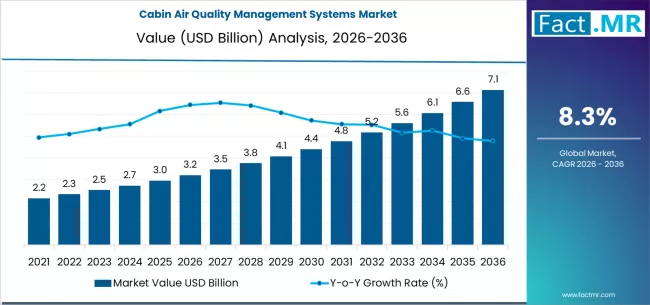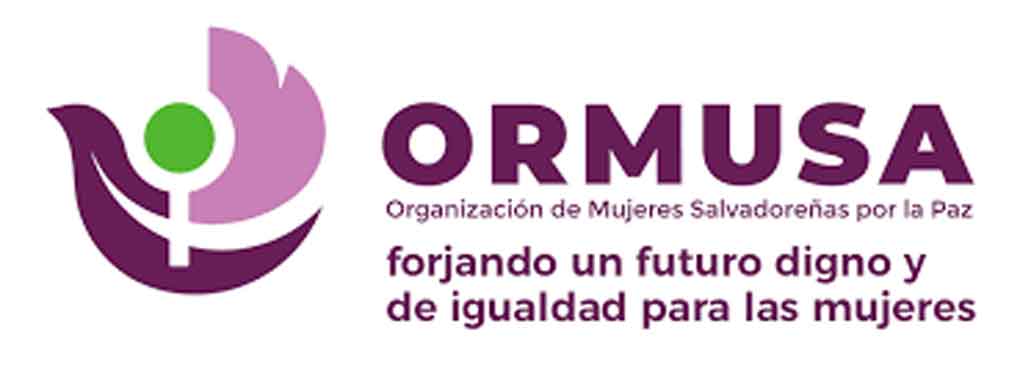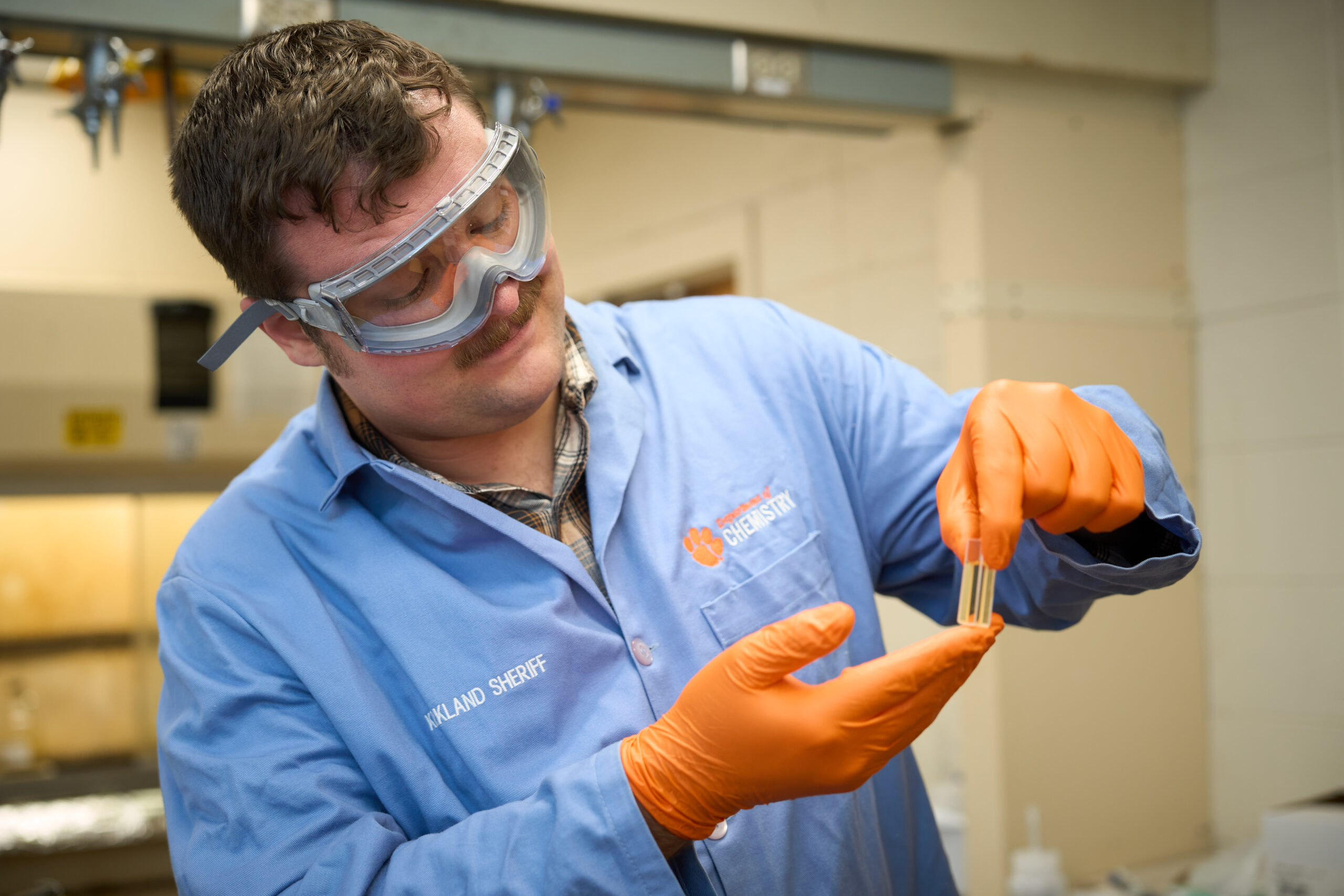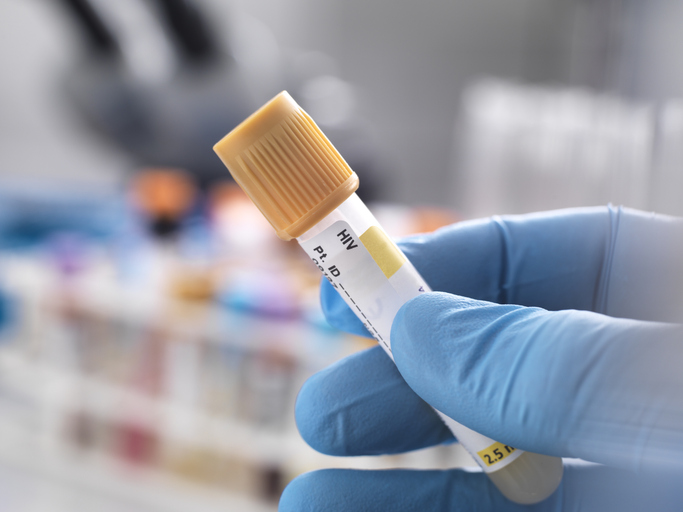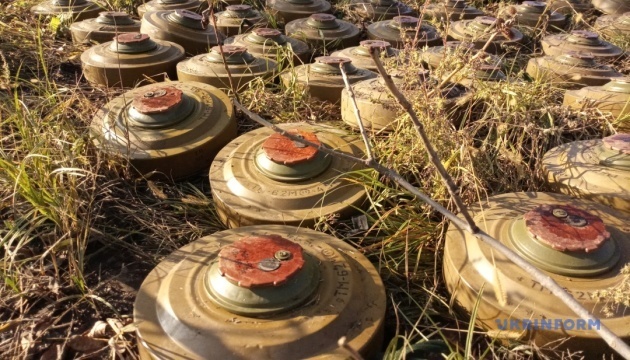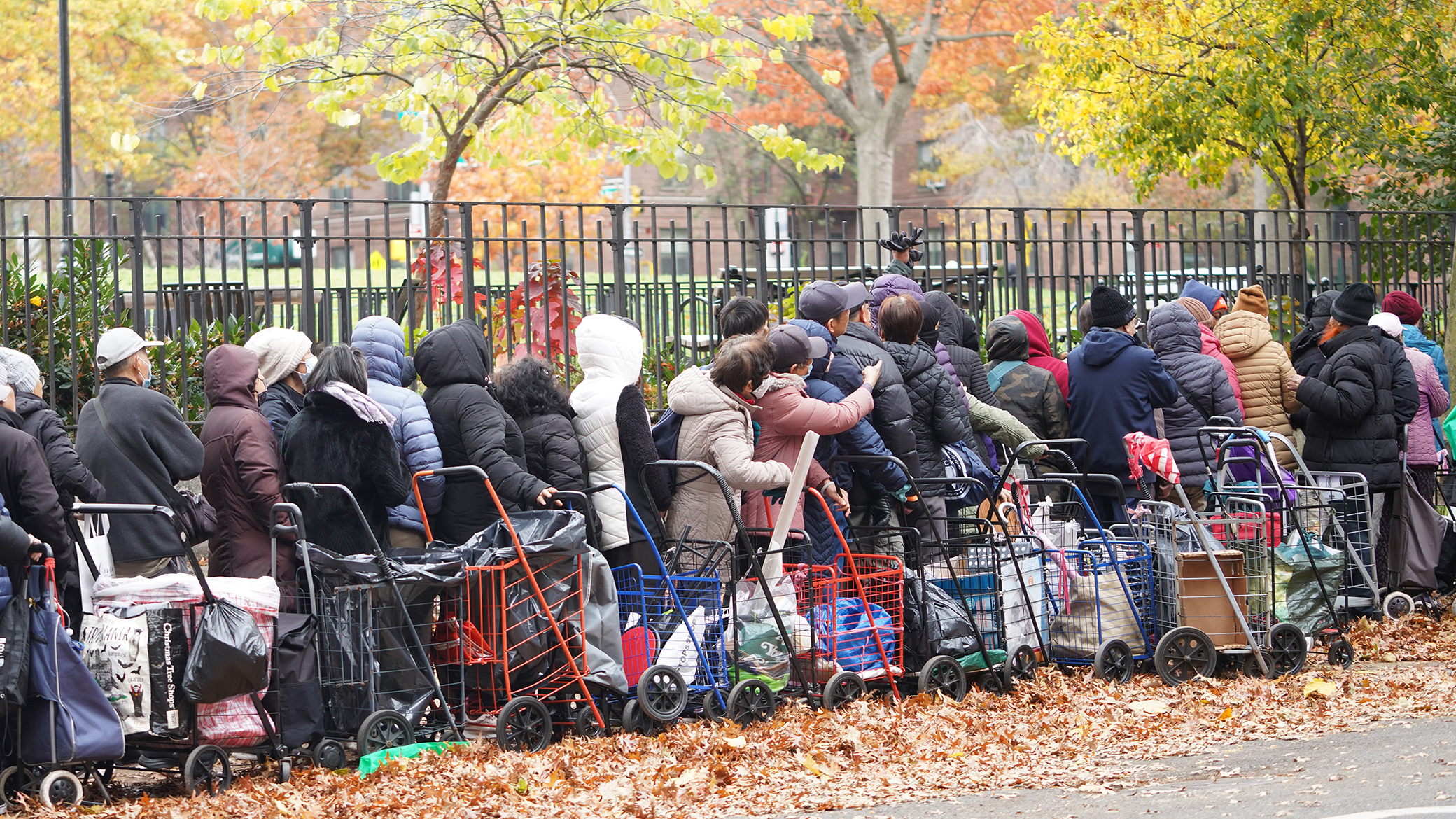Turkey increases imports of Ukrainian agricultural products – Oils & Fats International

Analysis of Turkish Sunflower Market Dynamics and Alignment with Sustainable Development Goals (2024/25 MY)
Shifting Import Strategies: Impact on SDG 2 (Zero Hunger) and SDG 8 (Decent Work and Economic Growth)
A recent analysis of USDA data for the 2024/25 marketing year reveals a significant strategic shift in Turkey’s oilseed import policy, directly impacting its progress toward several Sustainable Development Goals (SDGs). In response to a reduced domestic sunflower harvest, Turkey has prioritized the import of raw materials over processed goods. This policy supports national food security objectives aligned with SDG 2 (Zero Hunger) and promotes local economic activity in line with SDG 8 (Decent Work and Economic Growth) by strengthening the domestic processing sector.
- Sunflower seed imports increased by 2.4 times, reaching 800,000 tons, facilitated by relaxations in import duties.
- Conversely, sunflower oil imports decreased by 13% to 1.3 million tons.
Geopolitical Sourcing and Implications for SDG 12 (Responsible Consumption and Production)
The sourcing of sunflower oil imports highlights the influence of global market prices on trade patterns, a key consideration for SDG 12 (Responsible Consumption and Production). Turkey’s import landscape, historically dominated by Ukrainian and Russian products (90-95% of total imports), has shifted in favor of Russian oil due to more competitive pricing in the 2024/25 season. This underscores the need for resilient and diversified supply chains to ensure sustainable consumption patterns.
- Imports of Ukrainian sunflower oil fell to 311,000 tons, representing just over half of the volume from the 2023/24 MY.
- Analysts attribute this decline to the widespread availability of lower-priced Russian sunflower oil on the global market.
AgroFood Summit 2025: A Platform for Advancing SDG 17 (Partnerships for the Goals)
Fostering International Cooperation in the Agricultural Sector
The upcoming AgroFood Summit 2025, scheduled for November 19-21 in Mersin, will serve as a critical platform for advancing SDG 17 (Partnerships for the Goals). Supported by the Ministry of Economy, Environment and Agriculture of Ukraine and global agricultural leaders, the event aims to bring together international stakeholders to address pressing issues in the oilseed market. The summit will facilitate dialogue and negotiations between importers, processors, and exporters, fostering partnerships essential for a sustainable and stable global food system.
Agenda for Sustainable Development in the Oilseed Market
A key panel discussion, “Key trends in the segments of oilseed raw materials and vegetable oils,” will address topics crucial for sustainable agricultural development. The agenda is designed to explore solutions and strategies that align with global sustainability targets.
- The global market for major oilseeds and their processed products, focusing on stable and sustainable supply chains.
- Competition for oilseed raw materials in the Black Sea region and its impact on regional economic stability (SDG 8).
- Prospects for the export of Ukrainian soybeans and processed products, supporting economic recovery and growth.
- Trends in the import of vegetable oils to Turkey, examining patterns for responsible consumption (SDG 12).
- Opportunities and prospects for Kazakhstan as an exporter of fat-and-oil products, promoting diversified and resilient global partnerships (SDG 17).
1. Which SDGs are addressed or connected to the issues highlighted in the article?
- SDG 2: Zero Hunger – The article focuses on the trade of essential food commodities (sunflower seeds and oil), which is directly related to food security and the stability of food markets.
- SDG 8: Decent Work and Economic Growth – The discussion of international trade, import/export dynamics, and domestic processing of raw materials pertains to economic activities, productivity, and growth in the agricultural sector of the countries mentioned (Turkey, Ukraine, Russia, Kazakhstan).
- SDG 12: Responsible Consumption and Production – The article touches upon agricultural supply chains, including domestic production (“reduced domestic sunflower harvest”) and the shift in import patterns from processed goods to raw materials, which relates to the efficient use of resources and production patterns.
- SDG 17: Partnerships for the Goals – The article highlights international trade relationships and promotes the AgroFood Summit 2025, a multi-stakeholder partnership involving governments and private sector leaders to enhance cooperation and knowledge sharing in the global agricultural market.
2. What specific targets under those SDGs can be identified based on the article’s content?
-
SDG 2: Zero Hunger
- Target 2.b: Correct and prevent trade restrictions and distortions in world agricultural markets. The article directly mentions that Turkey’s increased purchase of sunflower seeds was “partly due to certain import duty relaxations,” which is an example of correcting a trade restriction to influence market supply.
- Target 2.c: Adopt measures to ensure the proper functioning of food commodity markets and facilitate timely access to market information. The promotion of the AgroFood Summit 2025, which aims to discuss “problematic issues, prospects, and trends in the oilseed market,” is a measure to ensure market players have access to information for better market functioning.
-
SDG 8: Decent Work and Economic Growth
- Target 8.2: Achieve higher levels of economic productivity through diversification and upgrading. The article notes that “Turkey was increasing imports of raw materials rather than sunflower oil.” This shift from importing a finished product to importing raw sunflower seeds for domestic processing suggests a move towards higher value-added activities within Turkey’s economy.
-
SDG 12: Responsible Consumption and Production
- Target 12.2: Achieve the sustainable management and efficient use of natural resources. The article’s reference to a “reduced domestic sunflower harvest” in Turkey highlights the link between domestic production capacity and the management of agricultural resources. The subsequent trade decisions are a response to this production challenge.
-
SDG 17: Partnerships for the Goals
- Target 17.11: Significantly increase the exports of developing countries. The article discusses the “prospects for the export of Ukrainian soybeans and processed products” and “opportunities and prospects for Kazakhstan as an exporter,” directly addressing the goal of increasing exports from these nations.
- Target 17.17: Encourage and promote effective public, public-private and civil society partnerships. The AgroFood Summit 2025 is presented as a partnership event “supported by the Ministry of Economy, Environment and Agriculture of Ukraine and global leaders in the agricultural sector,” which is a clear example of a public-private partnership to foster trade and development.
3. Are there any indicators mentioned or implied in the article that can be used to measure progress towards the identified targets?
-
SDG 2: Zero Hunger
- For Target 2.b:
- Qualitative Indicator: The mention of “certain import duty relaxations” in Turkey serves as an indicator of policy changes aimed at correcting trade restrictions.
- Quantitative Indicator: Specific trade volumes are provided, which measure market flows: Turkey’s sunflower seed purchases increased to “800,000 tons,” while sunflower oil imports were reduced to “1.3 million tons.”
- For Target 2.c:
- Qualitative Indicator: The existence and agenda of the “AgroFood Summit 2025” serves as an indicator of measures being taken to facilitate access to market information.
- For Target 2.b:
-
SDG 8: Decent Work and Economic Growth
- For Target 8.2:
- Quantitative Indicator: The change in the ratio of imported raw materials versus processed goods can be used as an indicator. The article provides the data points: an increase in seed imports to “800,000 tons” and a decrease in oil imports to “1.3 million tons.” This shift implies an increase in domestic processing.
- For Target 8.2:
-
SDG 12: Responsible Consumption and Production
- For Target 12.2:
- Qualitative Indicator: The “reduced domestic sunflower harvest” is a direct indicator of domestic agricultural production efficiency and resource availability.
- For Target 12.2:
-
SDG 17: Partnerships for the Goals
- For Target 17.11:
- Quantitative Indicator: The volume of exports from Ukraine to Turkey is explicitly mentioned (“311,000 tons of the product”). Tracking this figure and similar figures for other products (like soybeans) would measure progress.
- For Target 17.17:
- Qualitative Indicator: The collaboration for the AgroFood Summit between a government body (“Ministry of Economy, Environment and Agriculture of Ukraine”) and private entities (“global leaders in the agricultural sector”) is an indicator of an active public-private partnership.
- For Target 17.11:
4. Table of SDGs, Targets, and Indicators
| SDGs | Targets | Indicators |
|---|---|---|
| SDG 2: Zero Hunger | 2.b: Correct and prevent trade restrictions and distortions in world agricultural markets. |
|
| SDG 2: Zero Hunger | 2.c: Ensure the proper functioning of food commodity markets and facilitate timely access to market information. |
|
| SDG 8: Decent Work and Economic Growth | 8.2: Achieve higher levels of economic productivity through diversification and upgrading. |
|
| SDG 12: Responsible Consumption and Production | 12.2: Achieve the sustainable management and efficient use of natural resources. |
|
| SDG 17: Partnerships for the Goals | 17.11: Significantly increase the exports of developing countries. |
|
| SDG 17: Partnerships for the Goals | 17.17: Encourage and promote effective public, public-private and civil society partnerships. |
|
Source: apk-inform.com

What is Your Reaction?
 Like
0
Like
0
 Dislike
0
Dislike
0
 Love
0
Love
0
 Funny
0
Funny
0
 Angry
0
Angry
0
 Sad
0
Sad
0
 Wow
0
Wow
0

